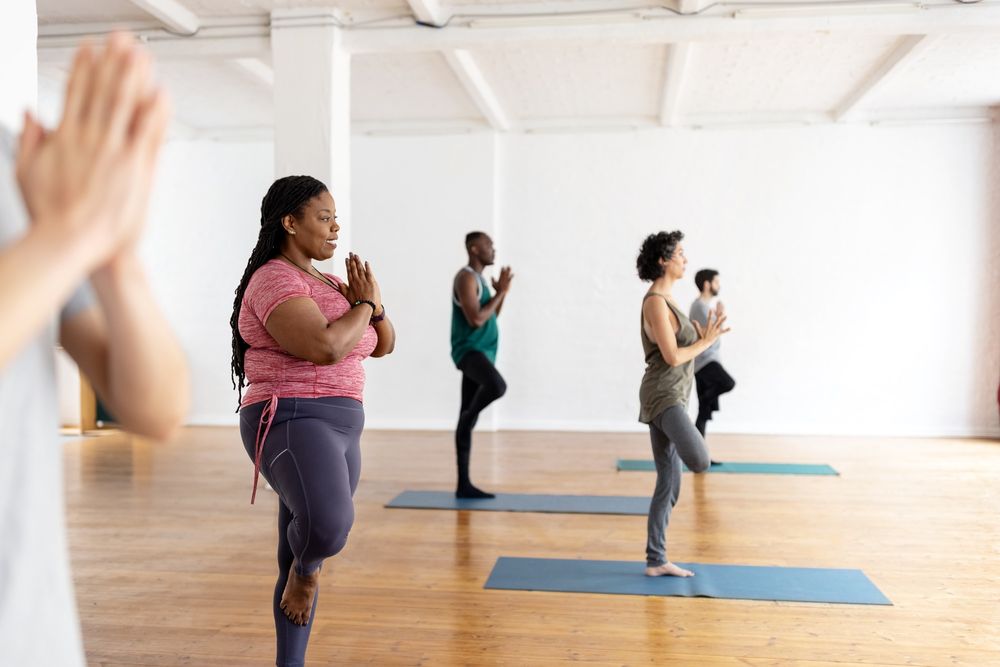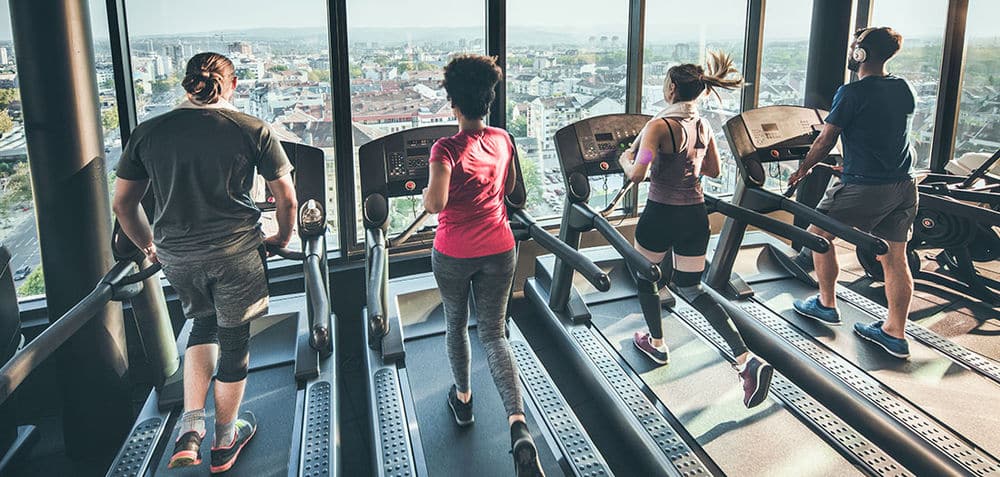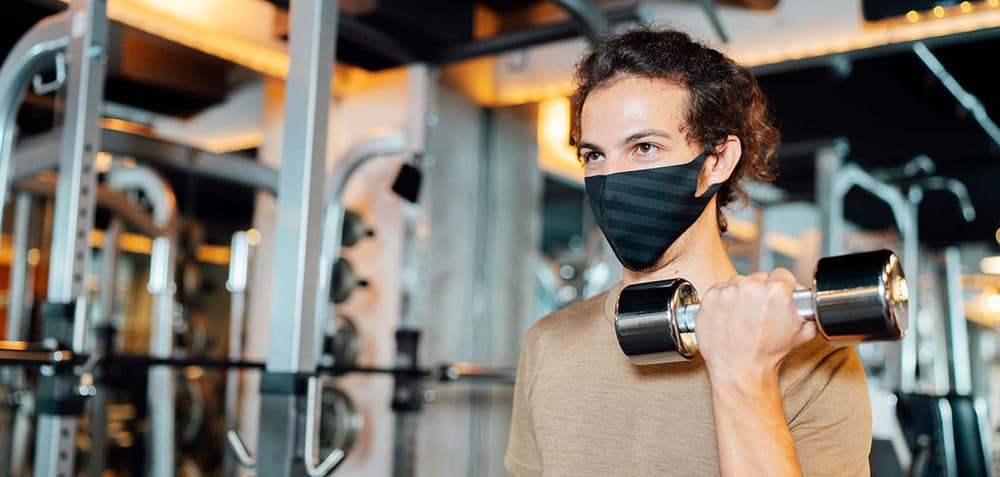
If you end up counting sheep to no relent, wakefully staring on the ceiling when you ought to be deep in sleep-town, you’re not alone.
In response to the Facilities for Illness Management and Prevention, about 40 million folks in the USA don’t get an ample quantity of sleep (Liu et al., 2016). Moreover the dreadful mornings that put you in gradual movement for the day, lack of sleep has additionally been linked to quite a lot of well being points.
Information from quite a few research means that inadequate sleep will be linked to weight achieve, sort 2 diabetes, early dying, hypertension and a variety of different well being issues (Grander et al., 2014; Killick, Banks and Liu, 2012; Strine and Chapman, 2005).
The world we dwell in makes it tough to “flip off” our brains at night time, regardless of analysis demonstrating we’d like about seven to eight hours of shuteye for optimum well being (Liu et al., 2014; Cuppuccio et al., 2013). The excellent news is that after we perceive how the science of sleep works, we will use this information to get to sleep sooner, sleep deeper and even create a chance to sleep longer.
If you end up battling sleep, listed here are some sensible methods to calm the thoughts and physique, permitting sleep to be a time of bodily, psychological and emotional restoration.
1. Set up a constant bedtime ritual.

Many capabilities within the physique are managed by your central nervous system (CNS). Your CNS has totally different “divisions,” every with totally different roles. Two of those division—the sympathetic and parasympathetic nervous methods—have a dramatic impact in your means to get a very good night time’s sleep. Whereas the sympathetic division will increase your degree of alertness and excitability, the parasympathetic calms you down.
To satisfy the calls for of your day, your sympathetic nervous system usually takes the reigns so that you keep “fired up.” Clearly, with regards to attending to sleep, you want the parasympathetic to take over so you possibly can relax.
Once you do issues previous to bedtime that demand the sympathetic nervous system to be energetic (e.g., verify emails, play video video games, or watch graphic tv) your mind thinks it’s good to keep awake.
Hand-held gadgets that make the most of blue mild to light up the display screen can really trick your mind into considering it’s daytime, so that you don’t get a launch of the sleep-inducing hormones (like melatonin). On this case, it’s tougher to go to sleep and keep asleep (Chang et al., 2014).
Previous to bedtime, develop a ritual of actions that don’t trigger a stress response. Keep away from hectic telephone calls, emails or interactions, if attainable. Dimming the lights, deep respiration and different calming actions reminiscent of yoga can stimulate the parasympathetic nervous system that can assist you get to sleep.
Going to mattress on the identical time each night time and getting up on the identical time each morning might help regulate how and when your sympathetic (you need this to assist wake you up) and parasympathetic (you need this to calm you down) nervous methods are impacting you (Strine and Chapman, 2005).
2. Restrict caffeine and alcohol.

We’re a caffeinated society and, as caffeine consumption rises, there’s a concurrent rise in sleep issues.
Caffeine capabilities to trick the mind by blocking the neurotransmitters which can be answerable for making you drained. When this occurs, your sympathetic nervous system takes management and makes you alert and excited. Regardless of the unfavorable have an effect on on sleep, it’s estimated that roughly 70% of individuals devour caffeine within the night, previous to bedtime (Drake et al., 2013; Penolazzi, Natale and Russo, 2012).
The maximal results of caffeine lasts for about 4 hours, however this time interval could double in some folks. To lower the unfavorable results of caffeine on sleep, chorus from caffeine consumption at the least six hours previous to sleep.
Alcohol in excessive doses is acknowledged by the physique as a poison and disrupts quite a lot of physiological capabilities, together with sleep. In elevated doses, alcohol acts as a narcotic on the mind, creating a short lived “shut down” that permits some folks to get to sleep.
Sadly, this narcotic impact lasts for a comparatively quick time frame. When it wears off, the mind should try to restart the pure sleep cycle, which interferes with one’s high quality and amount of sleep.
Moreover, the perceived poison within the physique prevents the ample launch of important hormones and neurochemicals essential to get well and get up feeling rested.
To get higher sleep, preserve alcohol consumption to a minimal, notably within the night, and keep away from it inside two hours of your meant sleep time.
3. Train through the day.

Along with benefiting different facets of well being, common train might help enhance the standard and amount of sleep (Liu et al, 2016; Youngstad, O’Connor and Dishman, 1997).
Reasonable to intense train triggers quite a lot of physiological interactions that enhance alertness, each throughout and instantly after train, and contribute to an important high quality of sleep hours afterward.
Attainable elements that hyperlink train to raised sleep embrace:
Thermoregulation: Train will increase physique temperature through the day, which seems to create a extra dramatic lower in physique temperature when sleeping, permitting for deeper sleep cycles.
Vitality expenditure: Relaxation after bodily exertion is a part of the pure cycle of each day life. When we don’t exert ourselves bodily through the day, this cycle will be disrupted.
It seems that individuals who problem themselves bodily day-after-day sleep extra naturally (Youngstad, O’Connor, Dishman, 1997).
Performing 20-60 minutes a day of reasonable to vigorous train can enhance each sleep and general well being.















